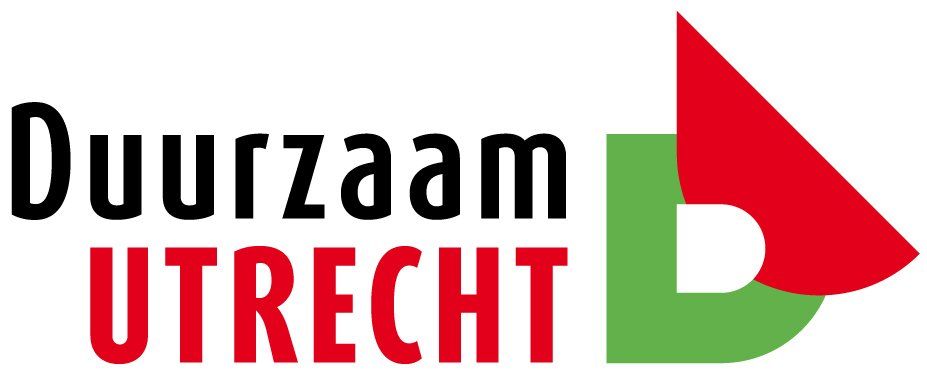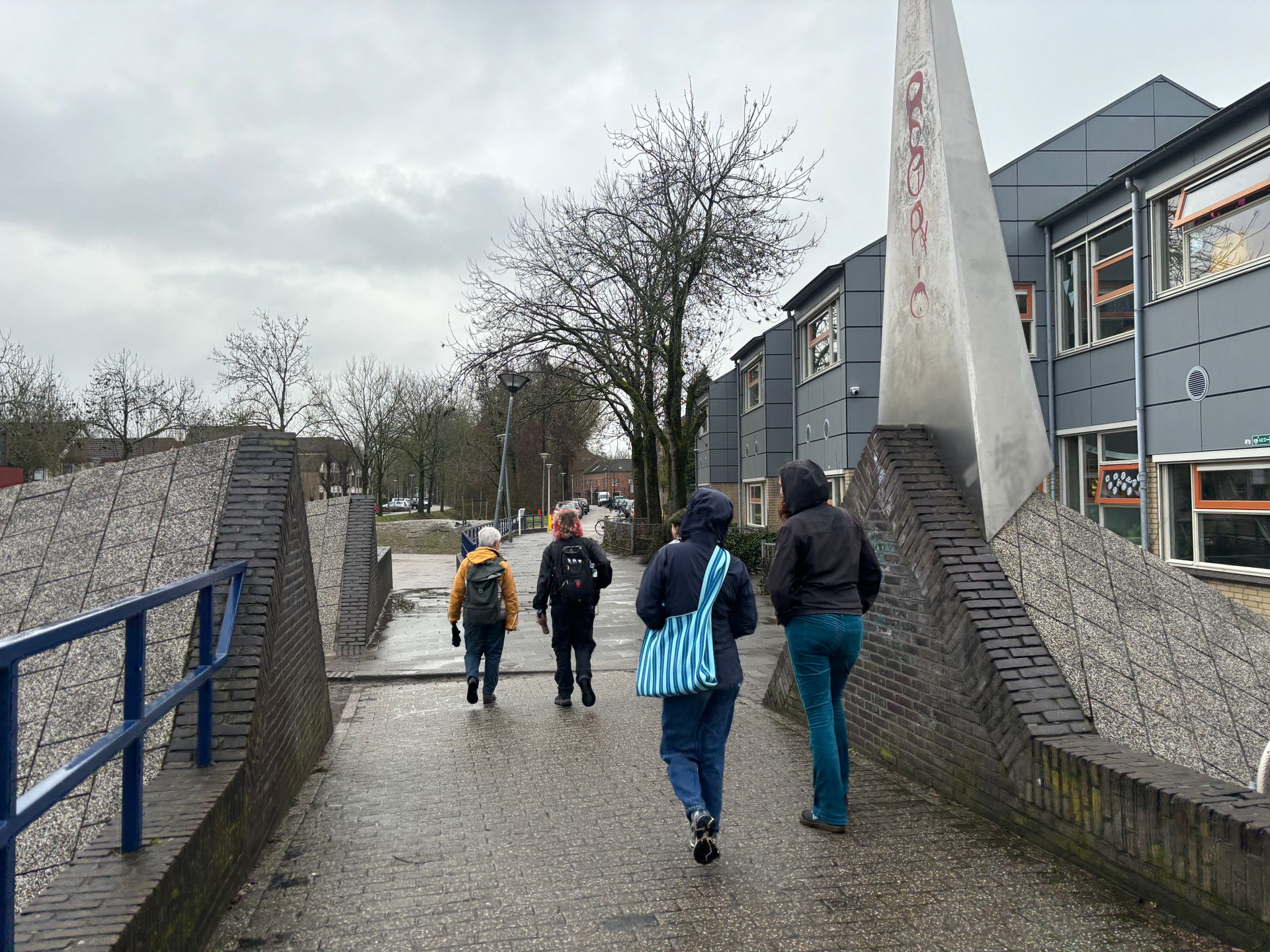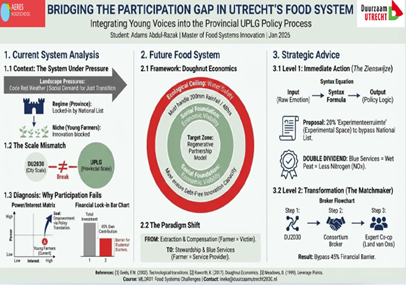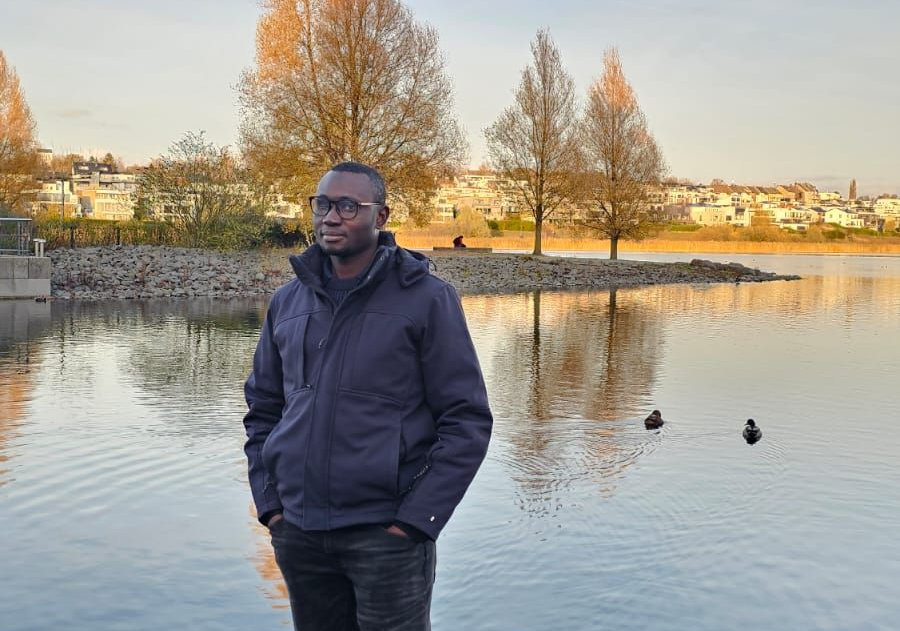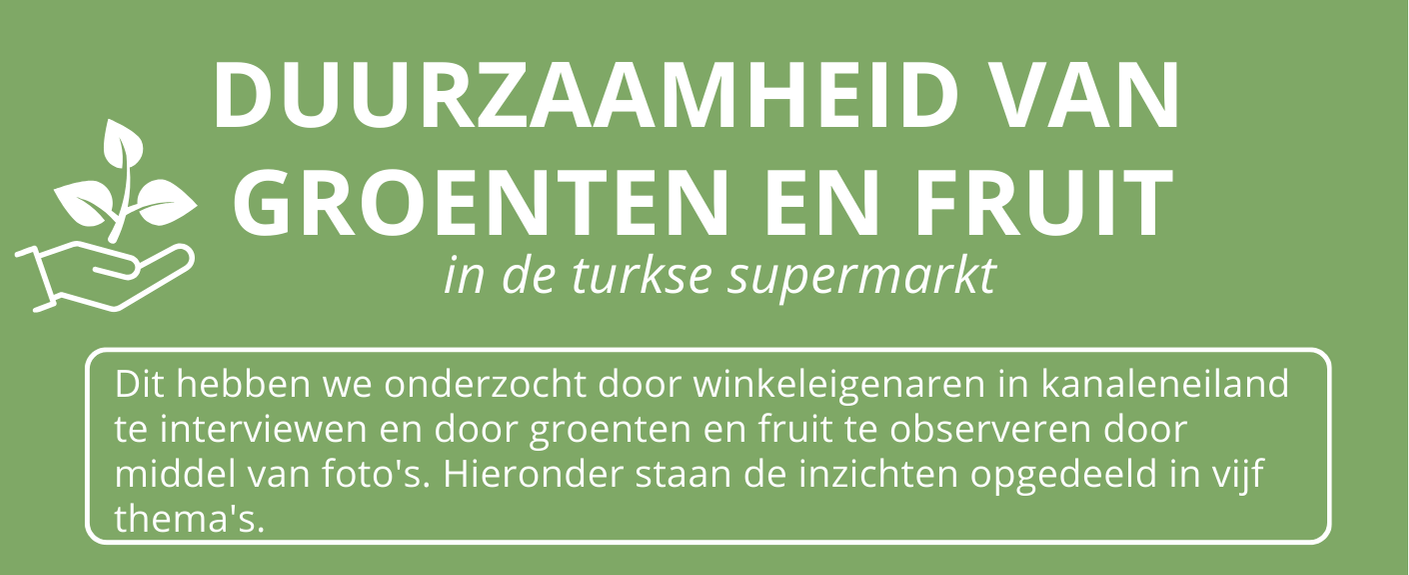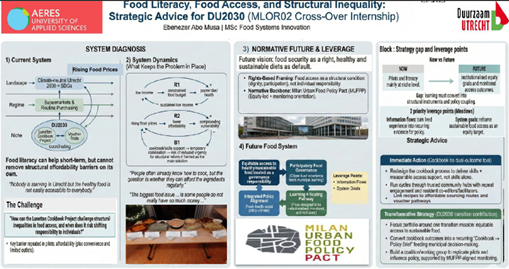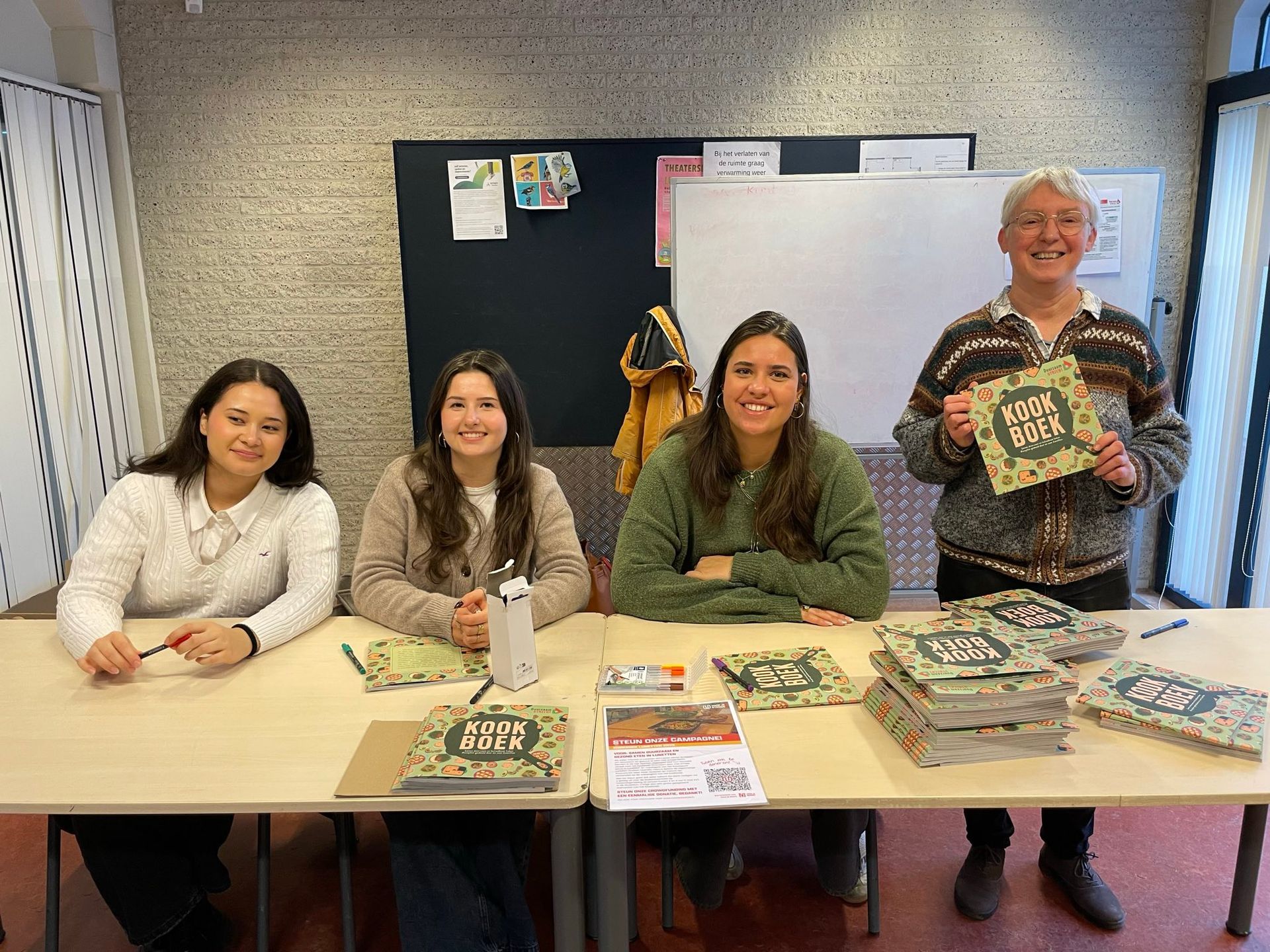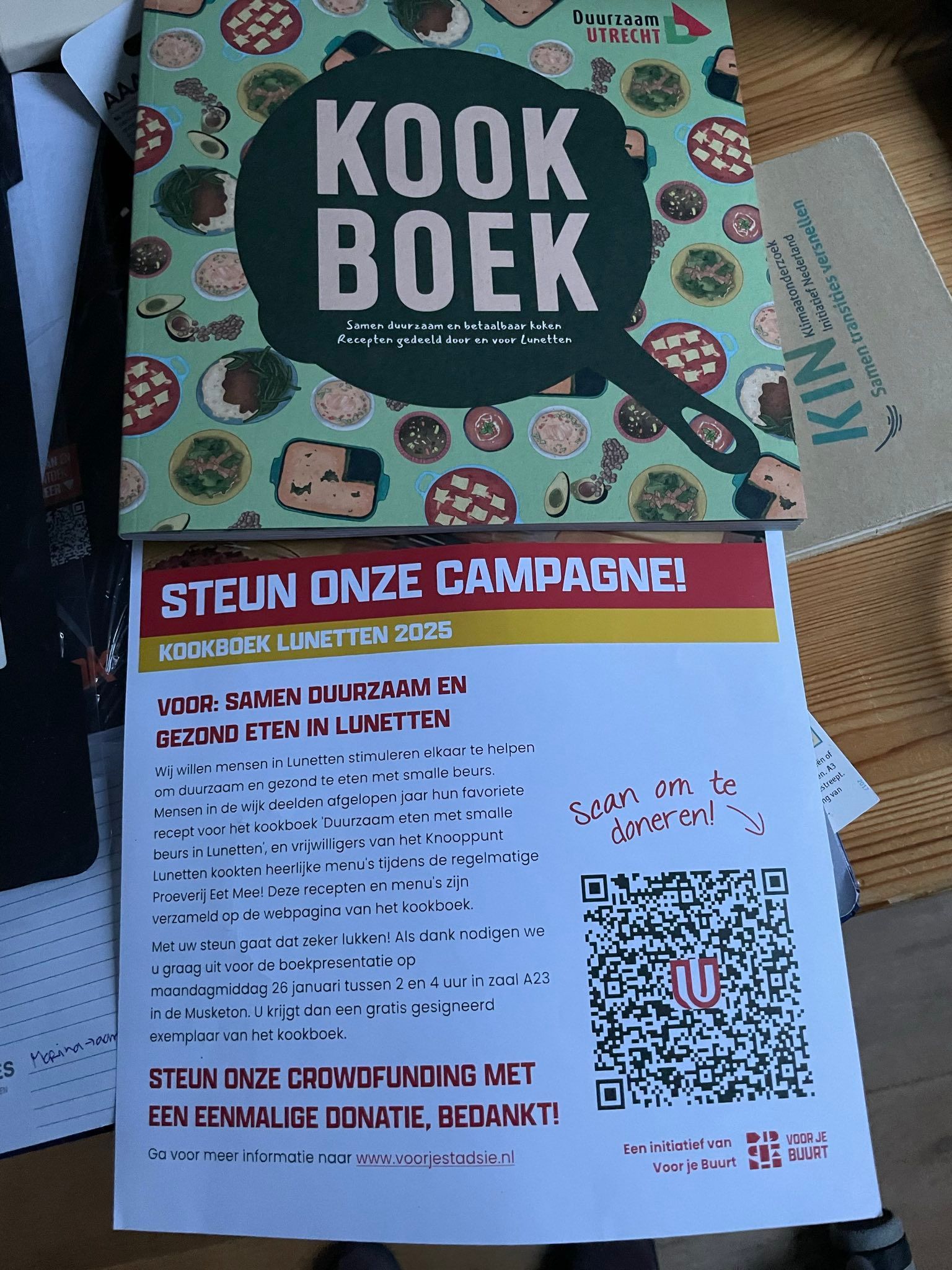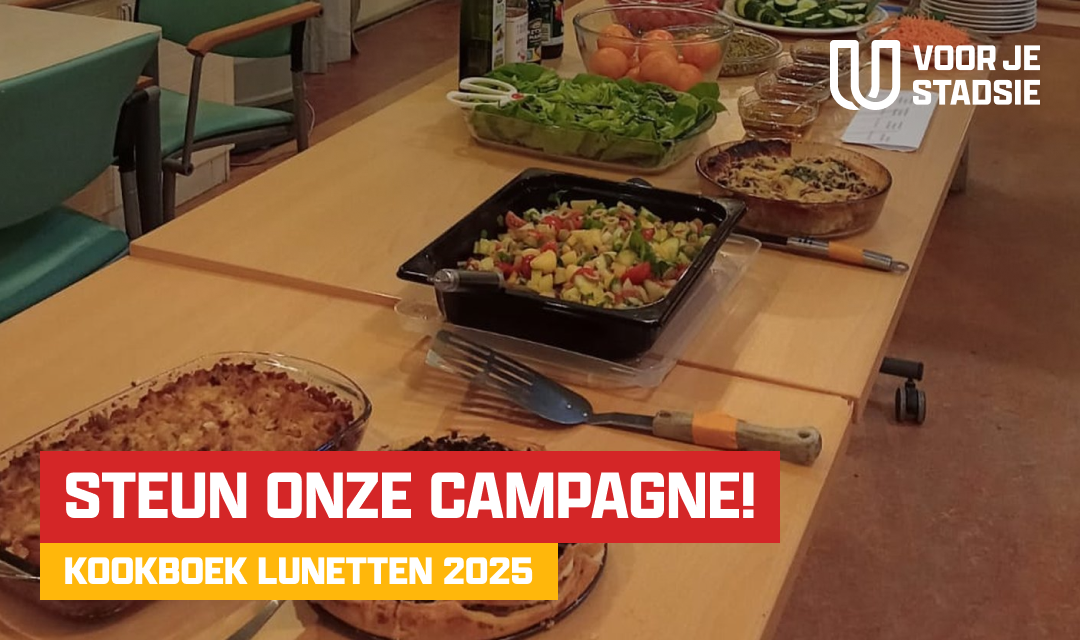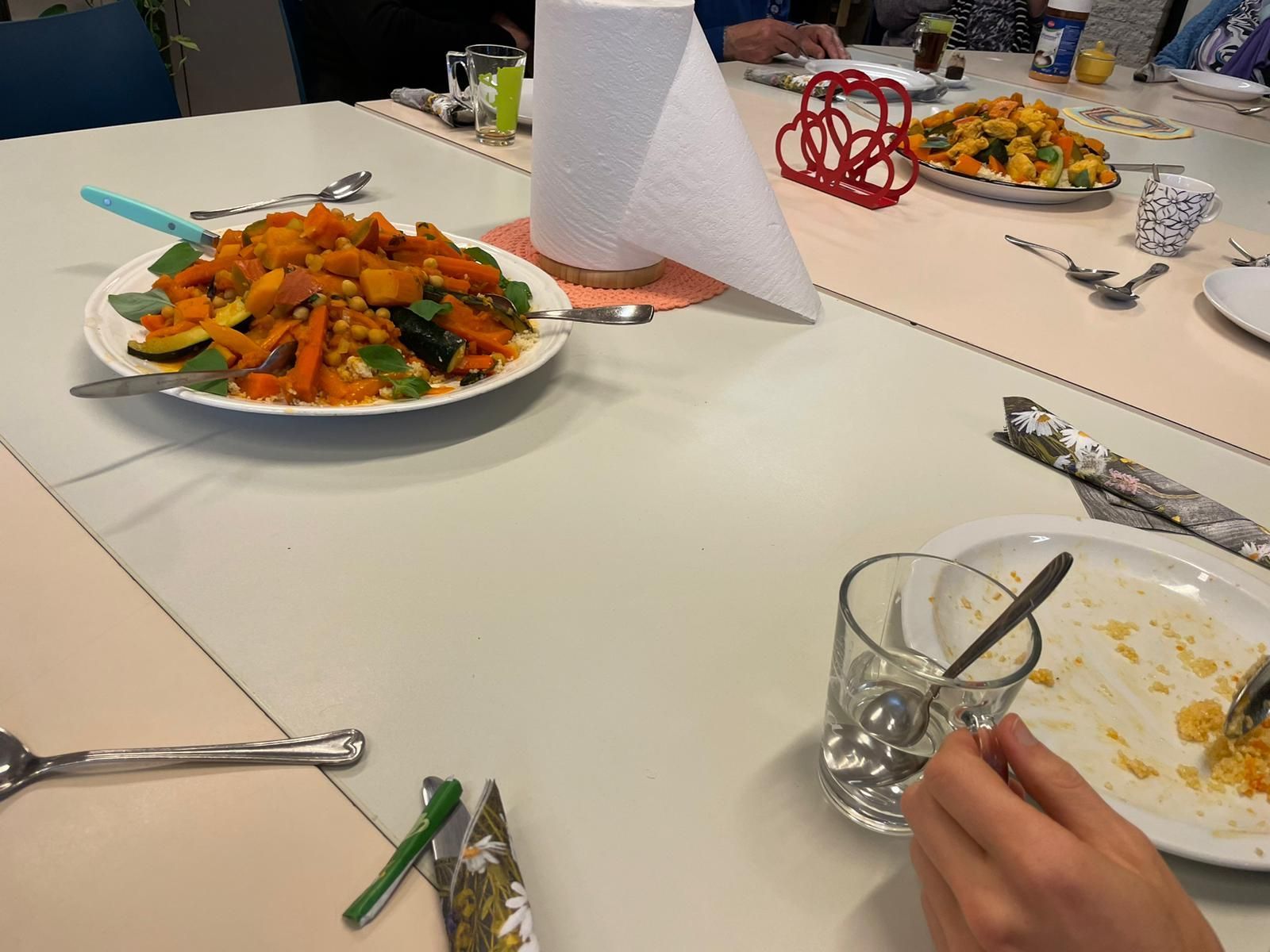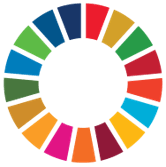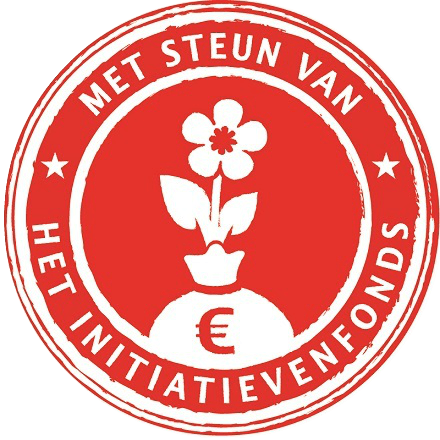Meaningful nutrition for everyone
A research report on the dietary needs of people with a narrow(er) budget from the vicinity of 's-Hertogenbosch

Environmental science students Savannah Avezaat, Tobias Boot, Iris Kolen, Ernst van den Oever, Luc Wolfert of the HAS Green Academy investigated what people from Den Bosch and Dordrecht with a small budget would like to eat. Between September 2024 and February 2025, they explored these needs and opportunities for collaboration to bring organic, healthy and sustainable food within reach of everyone, commissioned by Sustainable Utrecht 2030. In summary, these are their findings:
It is unclear for Sustainable Utrecht 2030 what the food preferences of the people of Den Bosch with a small budget are. In addition, Sustainable Utrecht 2030 is not familiar with the current initiatives and foundations that are committed to the target group. The problem is that it is not known what the food needs are for the target group. Therefore, the main question of this study is: "What are the needs of the residents of 's-Hertogenbosch with a small budget in the field of 'meaningful' food?". The aim of this research was to gain insight into the needs of the target group regarding meaningful food.
The first method is a composite overview of the population structure of 's-Hertogenbosch. Two variables were included and developed into pie charts. In addition, locations of the facilities are shown by means of an overview map. Furthermore, locations were approached and visited to hold conversations with the target group. The results of these conversations were incorporated into pie charts and conversation reports.
The results of the study are as follows; The research showed that just over a quarter of the participants do not miss anything in their diet, the second largest group is a quarter in size and misses fruit and vegetables and the third largest group lacks dairy and sustainable food in their diet.
Halfway through the project, the realization developed that it is not feasible to have enough conversations in one neighbourhood in a short period of time. The original contact points did not match the target group or turned out to be too small. That is why the research area has been expanded to other parts of 's-Hertogenbosch and a food bank in Dordrecht. Despite that, 44 interviews were held, 21 of which were in 's-Hertogenbosch. This is not enough to create a reliable picture, especially since most of these conversations took place in Dordrecht. This also decreases the representation of the whole.
Therefore, the conclusion is based on the limited information from 's-Hertogenbosch, namely that residents of 's-Hertogenbosch need healthy food, such as dairy, vegetables and fruit. The contact with the organization VEADS (Healthy Together) will be able to be expanded in order to find a suitable solution for people with a small budget living in 's-Hertogenbosch.
Read the full English translation of the report here or download the original in Dutch: Savannah Avezaat, Tobias Boot, Iris Kolen, Ernst van den Oever, Luc Wolfert, HAS green academy. (2025). Eindrapport Betekenisvolle Voeding voor Iedereen- Duurzaam Utrecht 2030. Zenodo. https://doi.org/10.5281/zenodo.14808685


